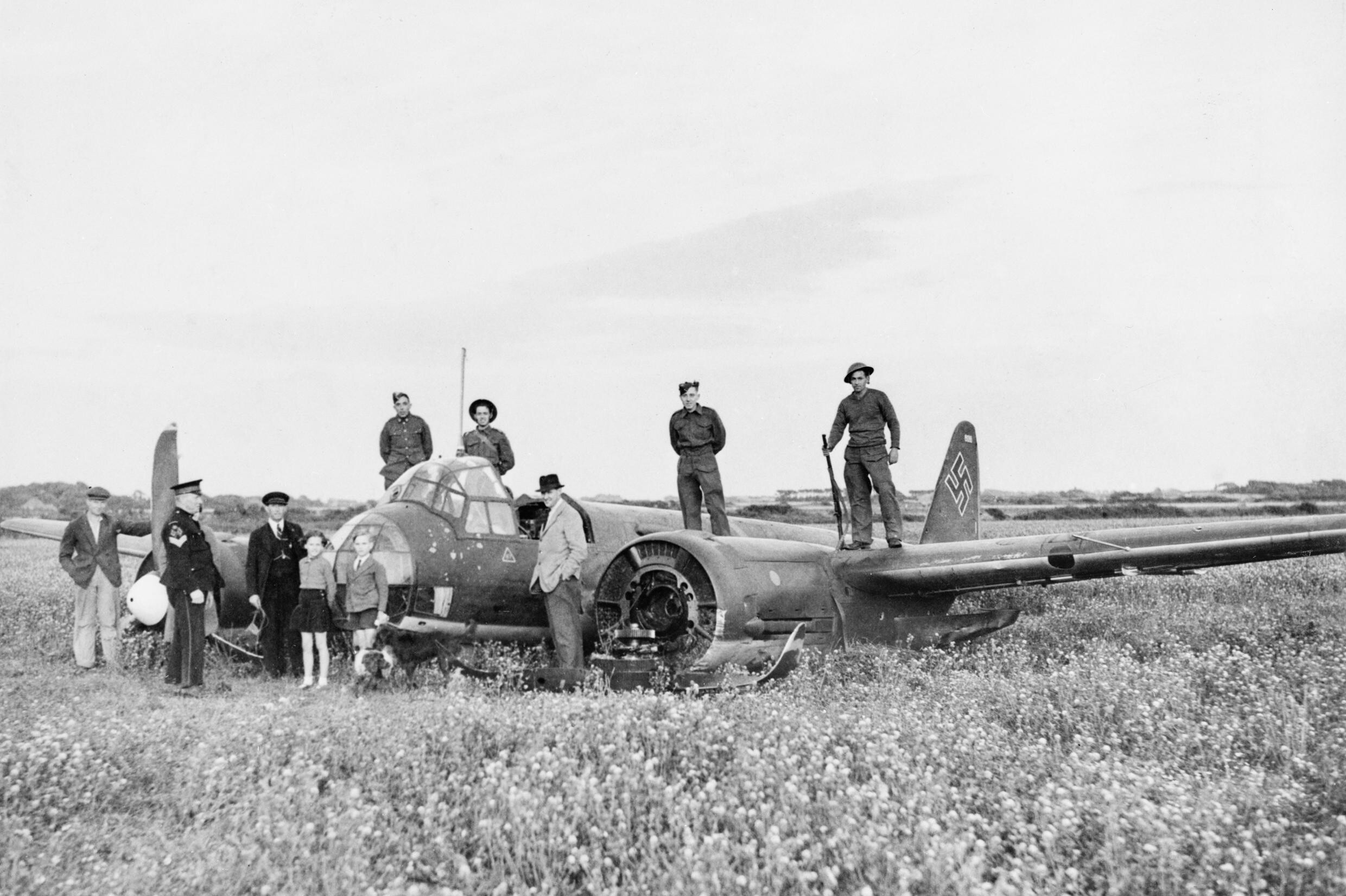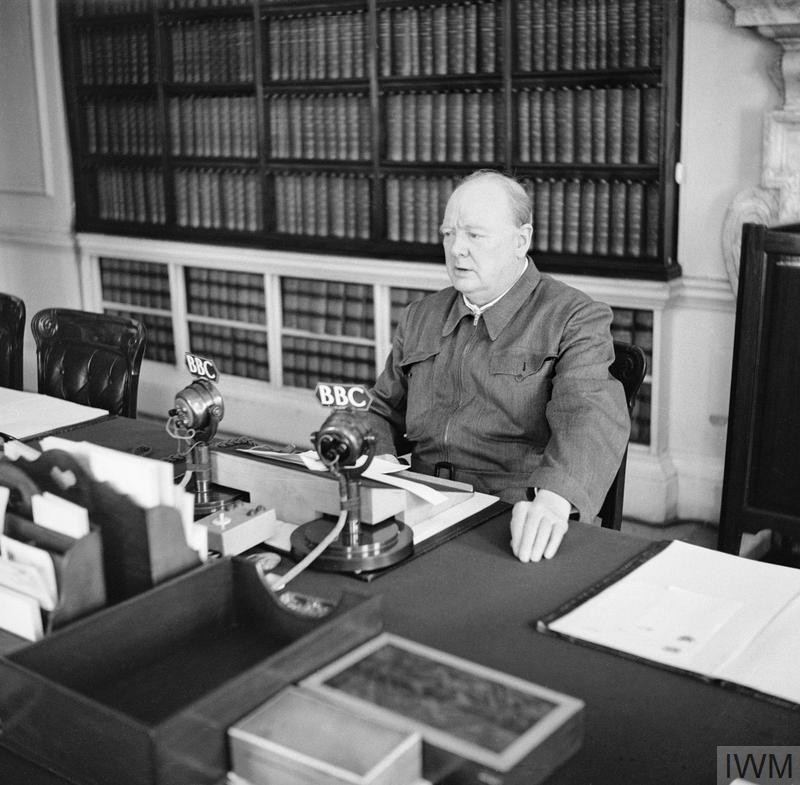
A shot-down German bomber Junkers 88 near Marsh Farm, Earnley, Sussex, on the evening of 21 August 1940. It had been intercepted by No. 17 Squadron Hurricanes during an attack on RAF Brize Norton. Such pictures were intended to boost the morale of the people while English cities were suffering heavy attacks.
September 6, 2024
- In class, listen, read the documents and participate as often as you can. According to several surveys, more than 80% of an individual pupil's efficiency depends on what is done (or not done!) in class.
- At home, read the documents and classroom notes again. The learning of new words and new grammatical skills deserves top priority. Visit the links and watch the proposed videos, prepare the subject for the next class.
- The evaluation grid is used at the final exam. Look at it to understand what is expected. The grid is based on three independent scales: the first one (6 points) relates to the knowledge in history and geography ; the second one (6 points) to understanding questions and answering them ; the last one is about linguistic skills (8 points).
- In the final exam, you'll choose one of two subjects, each one based on a different part of the syllabus. Once your choice is made, you have got twenty minutes to prepare a speech of ten minutes: using the documents and your knowledge, answer the question. The second part of the exam consists in Q&As, independent from the subject. It's a conversation in English.
Part One: Britain in WW2
1 | “Their finest hour” ?
➣ Why was Britain in such a dire situation in June 1940 ?
❑ Subject discussed in class: № 1. “Their finest hour”. See the annotated version.

In the dark early days of the Second World War Churchill had few real weapons. He attacked with words instead. The speeches he delivered then are among the most powerful ever given in the English language. His words were defiant, heroic and human, lightened by flashes of humour. They reached out to everyone in Britain, across Nazi-occupied Europe, and throughout the world. As journalist Beverley Nichols wrote, 'He took the English language and sent it into battle.' (Picture and comments: Imperial War Museum)
“Never surrender!”
This is the end of Churchill's speech on 4 June 1940, following the successful evacuation of the BEF from Dunkirk. It is in that speech that Churchill said “wars are not won by evacuations”. Note Churchill's insistence on the eventual US involvement in the war, to which he alluded again on 18 June in his “Finest hour” speech (document 2 of subject № 1).
“Even though large tracts of Europe and many old and famous States have fallen or may fall into the grip of the Gestapo
and all the odious apparatus of Nazi rule, we shall not flag or fail.
We shall go on to the end, we shall fight in France, we shall fight
on the seas and oceans, we shall fight with growing confidence
and growing strength in the air, we shall defend our island,
whatever the cost may be, we shall fight on the beaches, we shall
fight on the landing grounds, we shall fight in the fields and in
the streets, we shall fight in the hills; we shall never surrender,
and even if, which I do not for a moment believe, this island or a
large part of it were subjugated and starving, then our Empire
beyond the seas, armed and guarded by the British Fleet, would
carry on the struggle, until in God's good time, the new world,
with all its power and might, steps forth to the rescue and the
liberation of the old.”
- The very idea of the “finest hour” (doc. 2) is in the desperate situation of Britain in June 1940. Britain had suffered a severe defeat, had been deprived of her main ally (France, the US was still neutral at that time), and Churchill said he would “never surrender”. And through his rhetoric, the British people had a feeling a grandeur. The UK would fight alone against Nazi tyranny, against all odds.
- Churchill knew that Nazi Germany could hardly invade England : the Germans would have to destroy the Royal Navy and the Royal Air Force before landing. Besides, the Germans lacked landing craft and their air force didn’t have any capability for strategic bombing.
- To call June 1940 the “finest hour” of Britain was quite a paradox. But Churchill succeeded in mobilizing the English language, which was the best thing he could do. Thus, he strengthened the unity of the nation, and managed to impress the Americans, so that some day they would enter the war and shift the balance in favour of democracies.